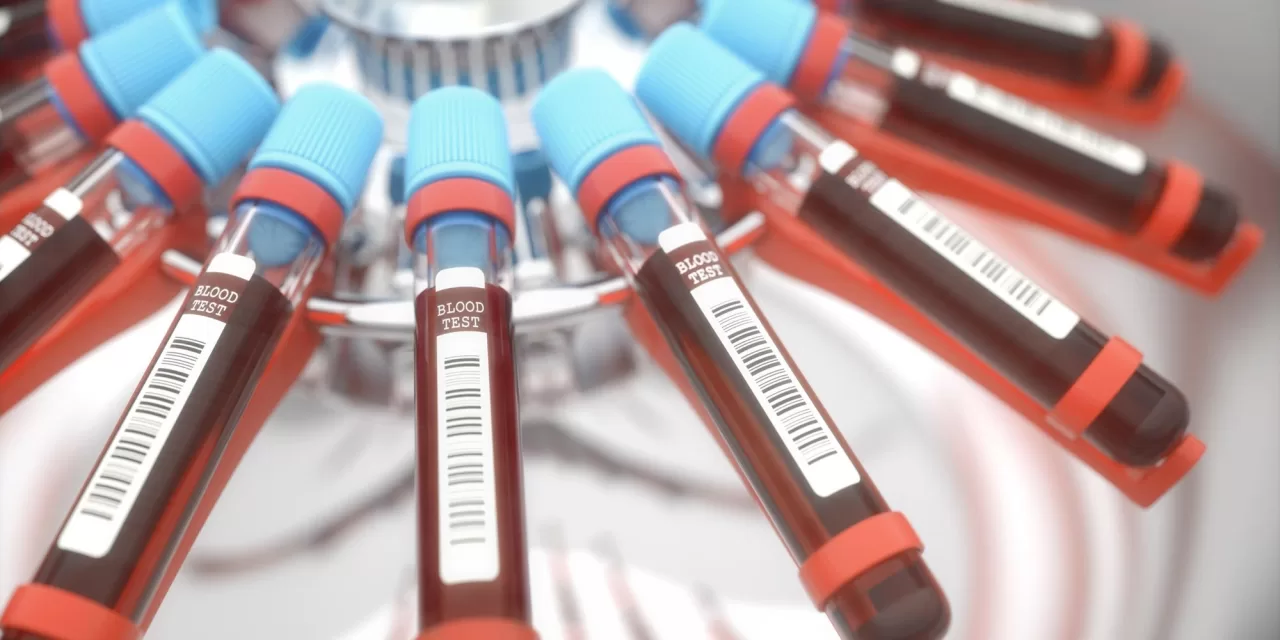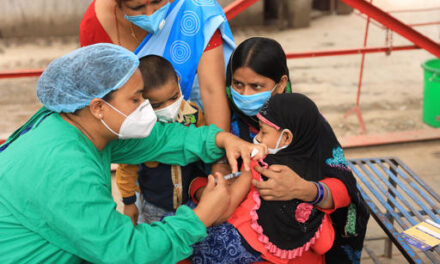Researchers at Vilnius University have developed an effective liquid biopsy approach that significantly advances non-invasive cancer detection methods. This breakthrough has notable implications for personalized medicine and cancer treatment.
“Our team has successfully detected tumor DNA in urine samples, contributing to the development of liquid biopsy techniques,” said Professor Sonata Jarmalaitė from Vilnius University’s Life Sciences Center. This innovative method allows for monitoring cancer progression by analyzing DNA fragments released by tumors into bodily fluids, a crucial step for cancers where traditional biopsies are difficult.
Pioneering Work in Liquid Biopsy
“Bodily fluids passing through tumors collect nucleic acids from dead tumor cells. Tumor DNA in saliva, urine, and other fluids provides a valuable diagnostic tool. We were among the first to detect tumor DNA in urine, making us pioneers of liquid biopsy in Lithuania,” Professor Jarmalaitė explained.
The research primarily focuses on detecting circulating nucleic acids in urine, which are associated with prostate and bladder cancer, and potentially breast cancer. “We specialize in minimally invasive diagnostics. Urine is entirely non-invasive and ideal for research, especially since cancer patients often have fragile blood vessels,” she added.
Liquid biopsy techniques enable continuous monitoring of cancer progression, particularly after tumor removal. “Detecting tumor DNA can indicate potential metastases. This represents a breakthrough in oncology for both diagnosis and monitoring,” noted Professor Jarmalaitė.
Clinical Implementation and Future Prospects
Professor Jarmalaitė further highlighted that liquid biopsy is already in clinical use for some lung cancer protocols. “We implemented it at the National Cancer Institute efficiently—the technology developed over 25 years, but with the right expertise, we introduced it in just two weeks.”
Beyond genetic studies, the Vilnius University research team is working on epigenetic markers for non-invasive diagnostics, particularly for kidney cancer. “We have developed a set of epigenetic markers that can be tested using liquid biopsy from urine samples,” Professor Jarmalaitė said. Traditional kidney cancer biopsy is a complex procedure, making non-invasive alternatives highly beneficial.
Kidney cancer is being diagnosed at younger ages, yet it often remains asymptomatic until advanced stages. While imaging techniques have improved early detection, molecular markers are still needed to enhance diagnostic accuracy.
“Our collaboration with clinicians aims to develop tools for early kidney cancer detection. A key challenge is determining when a kidney tumor requires removal or treatment versus monitoring. Our genetic and epigenetic markers may complement imaging techniques in making these distinctions,” said Professor Jarmalaitė.
Regional Collaboration in Cancer Research
Vilnius University’s research team participated in the “Mutographs” research project, investigating regional variations in cancer incidence. They identified a unique mutation signature in the Baltic region and Poland, distinct from common risk factors like smoking or alcohol consumption.
“We’ve identified a genetic profile suggesting that region-specific factors may contribute to our higher kidney cancer rates,” Professor Jarmalaitė stated. Sequencing analysis conducted at the UK’s Sanger Institute linked these mutation profiles to potential environmental carcinogenic exposures.
This research follows methodologies that previously identified aristolochic acid in herbal remedies as a kidney cancer cause in other European regions. While the specific environmental factor in the Baltic region remains unidentified, these findings provide direction for further investigation.
Enhancing Personalized Medicine Through Liquid Biopsy
The implications for personalized medicine are substantial, as liquid biopsy enables more frequent and less invasive monitoring of cancer progression.
“In precision medicine, doctors need to administer specific drugs at the right time and in precise concentrations. This cannot be done without accurate genetic information,” explained Dr. Rasa Sabaliauskaitė. “Currently, we track cancer progression using blood-based liquid biopsy, but urine-based methods show promise for simpler application.”
The research team is developing specialized tests for monitoring small kidney tumors that may not require immediate intervention. This could help clinicians make informed treatment decisions, sparing patients unnecessary procedures while ensuring timely intervention when necessary.
“Prescribing precision medicine drugs requires an accurate genetic diagnosis. Doctors need to know exactly which genetic mutations are present to choose the appropriate treatment,” added Professor Jarmalaitė. “The effectiveness of precision medicine drugs is significantly higher when properly matched to the patient’s genetic profile, improving survival rates.”
As genetic and epigenetic testing becomes increasingly central to cancer treatment worldwide, the research conducted at Vilnius University marks a significant contribution to the field of personalized cancer medicine.
Disclaimer: This article is based on research findings from Vilnius University and is intended for informational purposes only. It should not be interpreted as medical advice. Readers are encouraged to consult healthcare professionals for medical concerns or treatment decisions.












